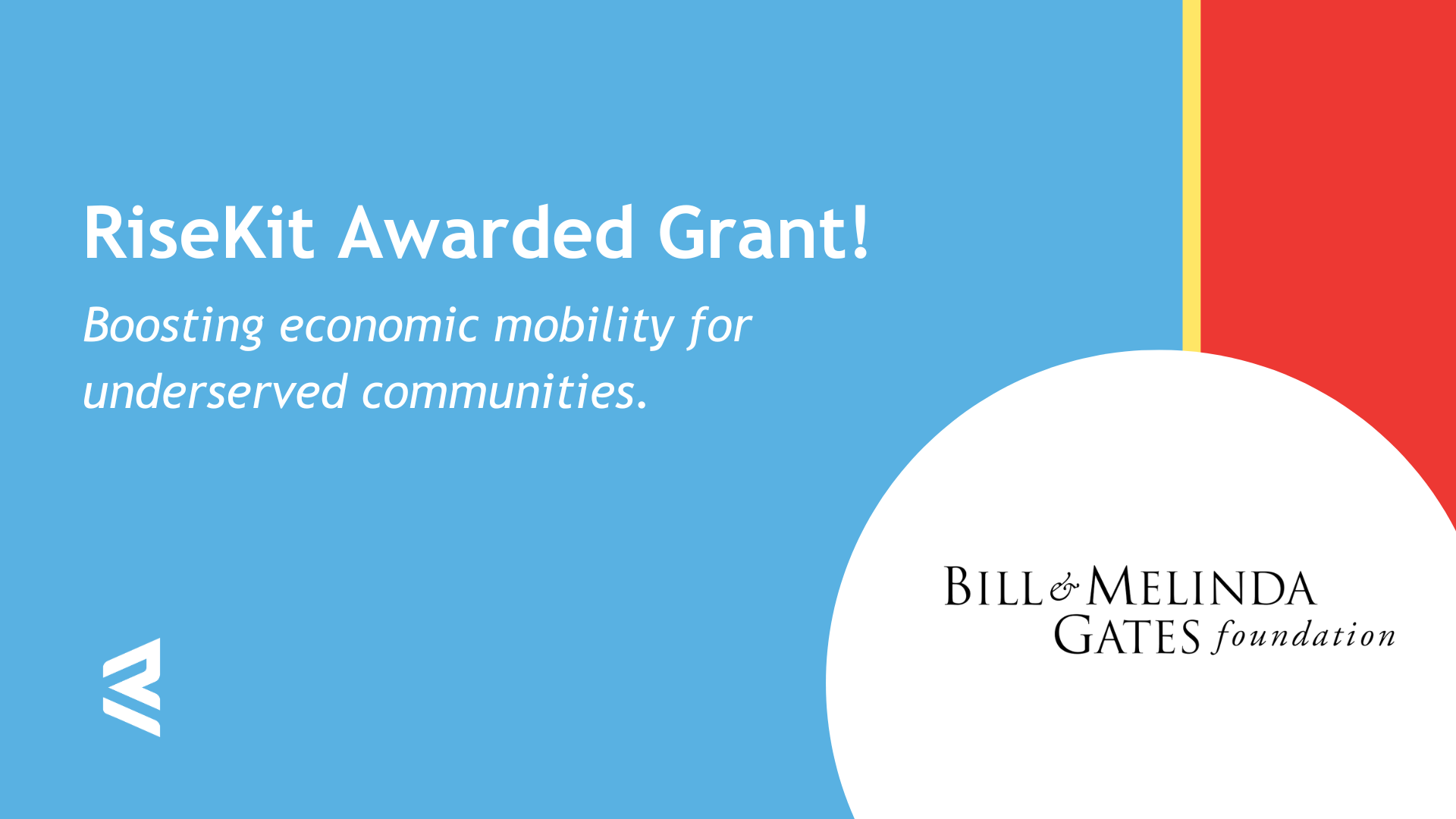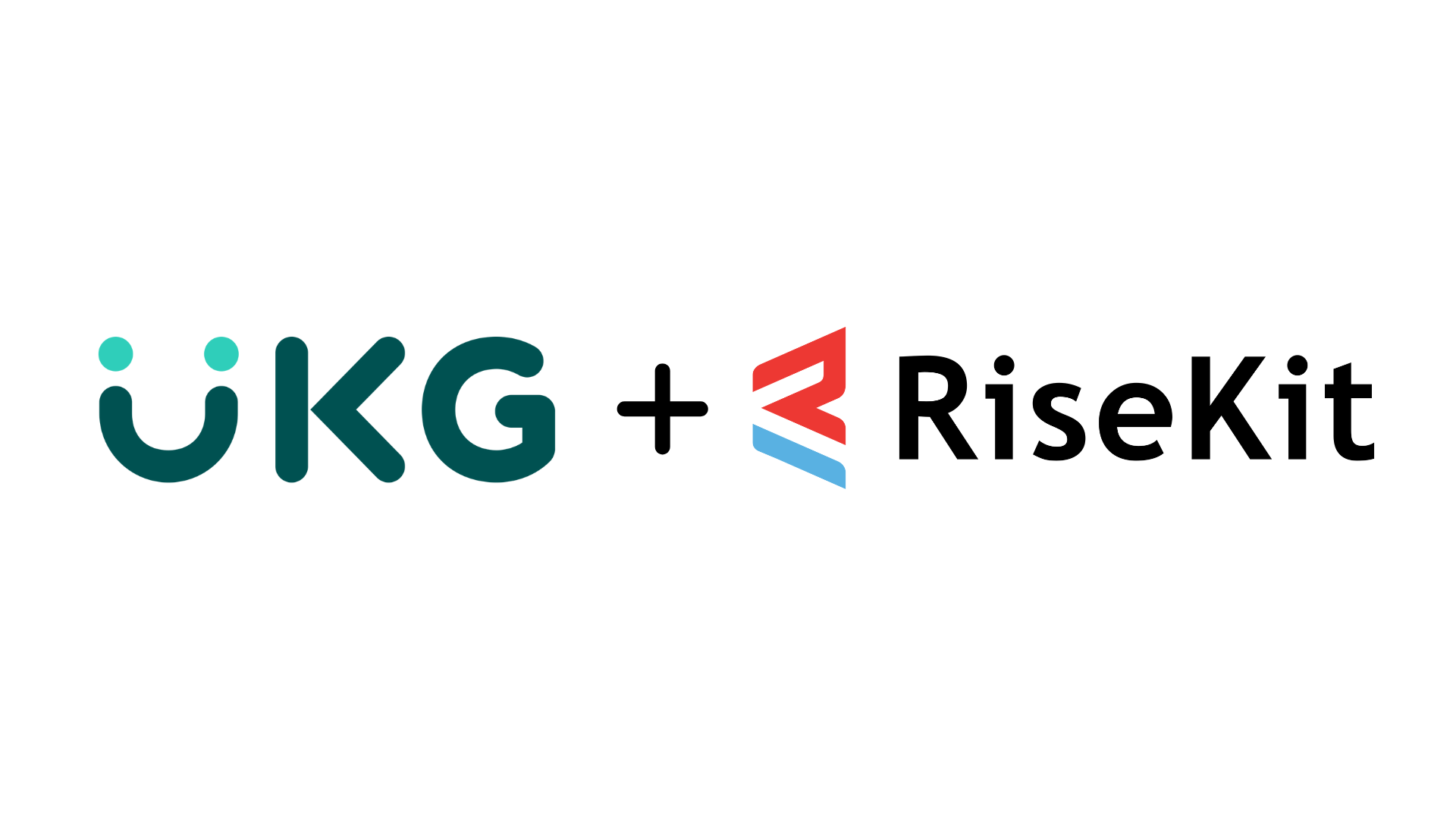How Federal Partners Can Navigate The Path To OFCCP Compliance
Published:
When businesses work as federal contractors or subcontractors, they're required to comply with the Office of Federal Contract Compliance Programs (OFCCP) standards that protect workers from discrimination. Failing to do so can have serious financial consequences. Between 2012 and 2022, the OFCCP secured more than $218 million in monetary relief for job seekers and employees who faced discriminatory treatment.
So what are the best practices for companies to mitigate risk and achieve greater OFCCP compliance? Let's dive in.
Develop Affirmative Action Plans
Organizations can implement affirmative action programs (AAPs) with proactive strategies that promote equal representation and opportunities for historically marginalized groups. These plans aren't obligatory for every business, but federal contractors must develop one if they meet the following criteria: have a workforce of 50 or more employees and at least one contract of $50,000, under Executive Order 11246 and Section 503 of the Rehabilitation Act of 1973.
As it relates to talent acquisition, AAPs vary by company, city or market, but the universal goal is to ensure equal employment opportunities for all applicants and employees. The specific actions and policies that companies put in place to meet ethical and legal standards are known as Good Faith Hiring Efforts. Often, AAPs mention the goals, actions and strategies that an organization will take to reach diverse talent pools. This can include anything from attending career fairs; partnering with community colleges, community organizations or HBCUs; or engaging with job board technologies.
Because policies and regulations constantly change as a result of political shifts or court rulings, federal guidelines advise organizations to review and update their programs at least once a year. Moreover, businesses need separate affirmative action plans for each of their establishments to adhere to varying laws across different states.
To navigate the complex legal landscape and achieve greater OFCCP compliance, companies may turn to legal experts who can offer guidance on applying the relevant laws and regulations specific to the company's circumstances. Additionally, digital tools like cloud-based document management systems or virtual collaboration platforms can be useful. These solutions enable streamlined communication and secure document sharing to help the seamless integration of legal guidance into business operations.
Make Good Faith Efforts
Of course, actions speak louder than the words that make up an affirmative action plan. This is where good faith efforts come into play. In a nutshell, these are company-wide initiatives to help guarantee fair and inclusive practices across the employment lifecycle. Take the efforts of cloud-based software company Salesforce as an example. The company set multiple equality goals to promote racial justice, address pay gaps by race and gender annually and provide better accommodation during the recruiting process.
For organizations eager to take the first step, one game-changing initiative can be implementing mentoring and sponsorship programs. By pairing diverse employees with senior leaders, companies can provide valuable guidance and support the career development and advancement of team members from underrepresented groups. More advanced options may be offering more inclusive benefits, creating employee resource groups or updating company policies.
It's crucial for companies to document their good faith efforts as proof that they've taken steps to meet the OFCCP-enforced requirement. In the event of noncompliance, well-documented reports may potentially result in reduced penalties or settlement agreements.
Embrace Community Engagement
When companies engage with local communities, they build bridges that create a positive social impact. Through community-facing initiatives around workforce development, job training or educational opportunities, companies can actively contribute to the growth of these communities.
To achieve this, businesses can partner with local organizations like advocacy groups, disability support communities, job training programs and nonprofits that train diverse and local job seekers. These partnerships can also help employers source diverse talent that they would not have found elsewhere.
By actively participating in events or volunteering activities centered around diversity, inclusion and equal employment opportunities, businesses can meet representatives from different marginalized groups and gain deeper insight into their internal initiatives. This also allows companies to show their dedication to fostering a diverse workforce and implementing nondiscriminatory practices.
Businesses can leverage this engagement to bolster their OFCCP compliance. But it's important to remember that isn't a one-and-done process. Constant support and regular evaluation of partnerships are key to cultivating long-lasting and mutually beneficial connections with community organizations.
Compliance Is Not An Option
The OFCCP plays a vital role in ensuring federal contractors and subcontractors comply with guidelines and regulations regarding diversity and nondiscrimination. Meeting these requirements not only avoids hefty financial penalties but also enhances a company's reputation. When businesses prioritize affirmative action plans, focus on good faith initiatives and engage with their communities, they can better ensure OFCCP compliance and have a positive impact on underrepresented groups.
.png)



.png)